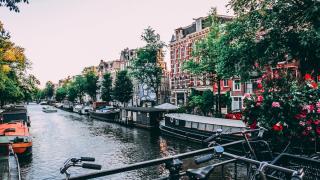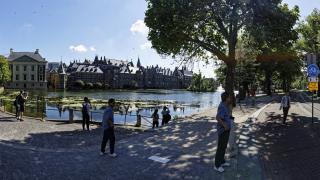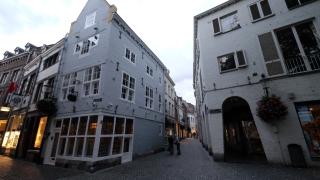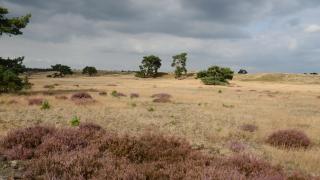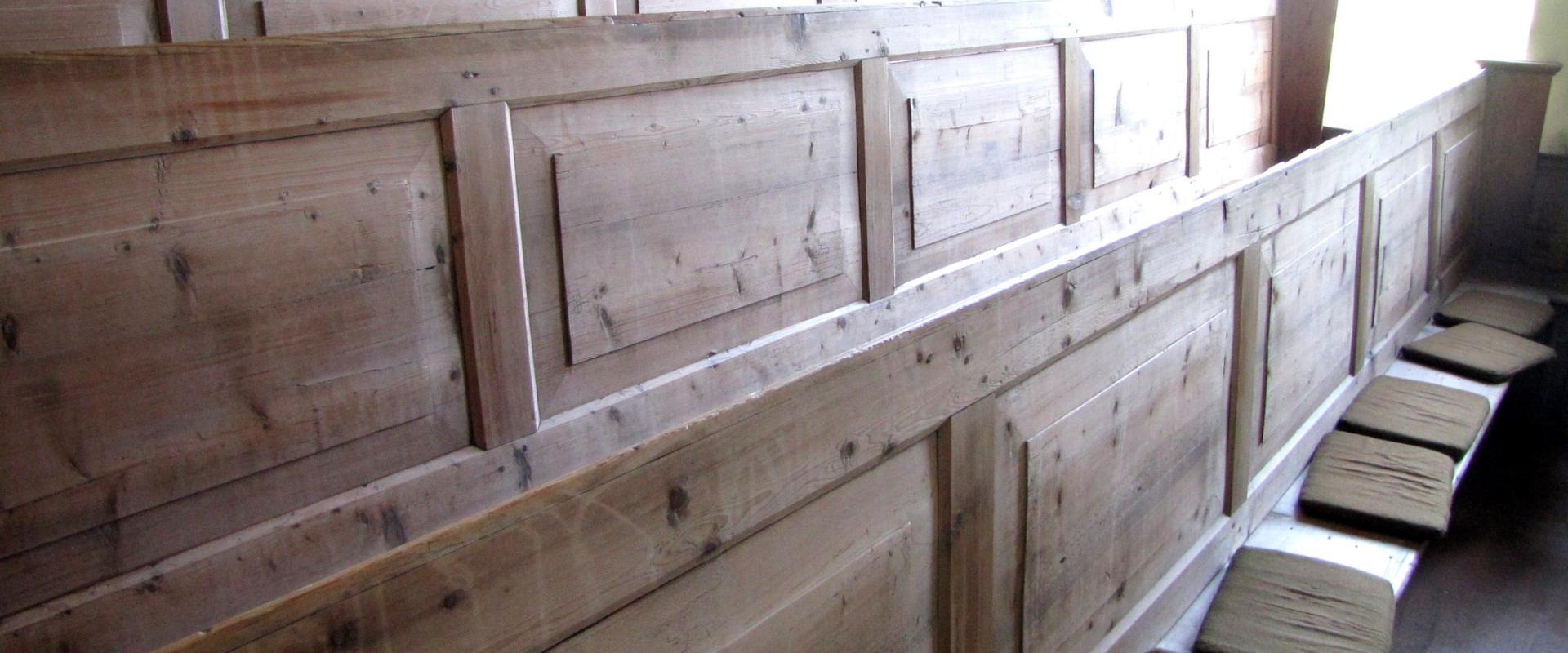First Impressions: Dutch Directness
Dutch people value honesty over politeness. Directness is a core part of daily interactions in the Netherlands. Locals say what they mean, even in business or social settings. For example, feedback at work is often straightforward. In Dutch, this is called "recht voor z'n raap" (straight to the point).
- Expect questions about your opinions or plans. These are not considered intrusive.
- Saying "nee" (no) is common if someone disagrees. This is not rude in Dutch culture.
- In Amsterdam or Rotterdam, directness is especially noticeable in cafes and shops.
- When invited for coffee (koffie drinken), be prepared for honest conversation.
- If you receive criticism, respond calmly. Ask for clarification if needed.
- Avoid using vague language or excessive apologies. This can confuse locals.
- To avoid misunderstandings, listen carefully and answer questions directly.
Dutch directness saves time and avoids miscommunication. Understanding this custom helps build trust. It is not meant to offend. Adapting to this style makes social and work life easier in the Netherlands.
Greetings in the Netherlands are direct and reserved.
- A firm handshake is the standard greeting in business and formal settings. Use your right hand. Maintain eye contact.
- Among friends and family, three kisses on alternating cheeks are common. Start with the right cheek. This is called "drie kussen."
- Use "Goedemorgen" (good morning), "Goedemiddag" (good afternoon), or "Goedenavond" (good evening) when entering a room.
- First names are used only after being invited. Otherwise, use "Meneer" (Mr.) or "Mevrouw" (Ms.) with the last name.
- In business, titles such as "Dr." or "Ir." (engineer) are respected. Address people formally until told otherwise.
- Punctuality is important. Arriving even five minutes late is considered rude. Always inform if delayed.
- When joining a group, greet everyone individually. A general wave is not enough. Say "Hallo" or "Hoi" to each person.
- In conversations, wait for a pause before joining in. Interrupting is frowned upon.
- Dutch people value personal space. Stand about an arm’s length apart during conversations.
- Gifts are not expected at first meetings. If invited to a home, bring flowers (not chrysanthemums) or a small gift.
Dining the Dutch Way
Dutch meals are typically eaten at set times. Lunch ("lunch") is around 12:00-13:00. Dinner ("avondeten") is served between 18:00-19:00. Traditional dishes include stamppot, erwtensoep, and broodje kaas. When dining in a Dutch home, wait to be invited to sit. Do not start eating until the host says "eet smakelijk" (enjoy your meal). Keep your hands visible on the table, but do not rest elbows. Napkins are placed on the lap. It is polite to finish all food on your plate. Bringing a small gift, such as flowers or chocolates, is expected when invited to a home. Avoid giving chrysanthemums, as they are associated with funerals. In restaurants, service is efficient but not overly attentive. Tipping is not mandatory; rounding up the bill or leaving 5-10% is common. Splitting the bill, or "going Dutch," is standard, even among close friends. Water is not free in most restaurants; expect to pay €2-3 per bottle. Asking for tap water ("kraanwater") is acceptable but not always provided. Bread and butter are not automatically served. Reservations are recommended for dinner, especially in Amsterdam and Utrecht.
Biking and Public Spaces
Cycling is the main mode of transport in Dutch cities. Over 27% of all trips are by bike. Cyclists have priority at most intersections. Always yield to bikes on marked fietspaden (bike paths). Use hand signals for turns—left arm out for left, right for right. Ring your bell to alert others. Parking bikes on sidewalks is common, but only in designated areas. Fines for improper parking start at €25. Never block entrances or emergency exits. On trams and trains, keep noise low. Phone calls are brief and quiet. Loud conversations are discouraged, especially in the "stilte" (silent) train compartments. Respect personal space in public. Dutch people avoid physical contact in crowds. Stand at least one step apart in queues. Do not walk on red bike lanes—cyclists expect a clear path. Pedestrian zones are marked as "voetgangersgebied." Bikes are not allowed here during certain hours, usually 11:00-18:00 in city centers. Always check local signs for rules.
Celebrations and Everyday Traditions
King’s Day (Koningsdag): Celebrated on April 27. Streets fill with orange-clad crowds. Free markets (vrijmarkt) allow anyone to sell goods. Music, boats, and parties are common, especially in Amsterdam. Participation is free, but expect crowds and public transport changes.
Sinterklaas: Celebrated from mid-November to December 5. Sinterklaas arrives by steamboat. Children leave shoes by the fireplace for gifts. Traditional treats include pepernoten and chocolate letters. Festivities are family-focused and widely observed.
Birthday Traditions: Dutch people congratulate everyone present, not just the birthday person. Guests often sit in a circle (kringverjaardag). Homemade cake and coffee are served. Gifts are modest, usually under €15.
Coffee Culture and Gezelligheid: Coffee (koffie) is offered to guests, often with a biscuit. Coffee breaks (koffietijd) are common at 10:30 and 15:00. The concept of gezelligheid emphasizes social warmth and comfort. Cafés and homes prioritize a cozy, welcoming atmosphere.
Quick Tips for Blending In
Dress code: Dutch people dress for the weather. Waterproof jackets and practical shoes are common. Jeans and neat tops are standard. Avoid flashy or formal outfits unless attending a special event.
Curiosity: Asking questions is welcomed. Locals appreciate directness. If unsure, ask for clarification—"Mag ik iets vragen?" means "May I ask something?"
Rules and signage: Always obey bike path signs. Fietspaden are for bikes only. Walking here can result in a €55 fine. On trams and buses, check in and out with your OV-chipkaart. Fines for not checking in start at €50.
Useful Dutch phrases: "Dank je wel" (thank you), "Alsjeblieft" (please), and "Sorry" (sorry) are used daily. Use "Goedemorgen" (good morning) before noon. "Goedenavond" (good evening) after 18:00.
Blend in by observing local routines and respecting public order.
